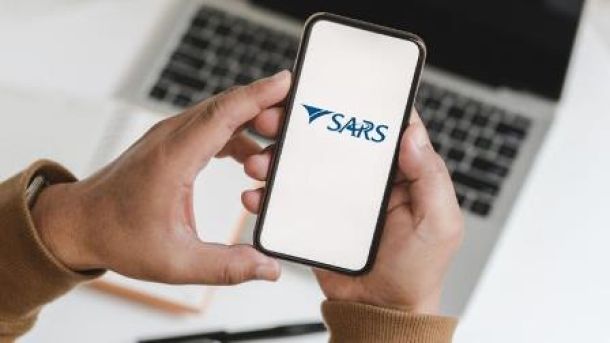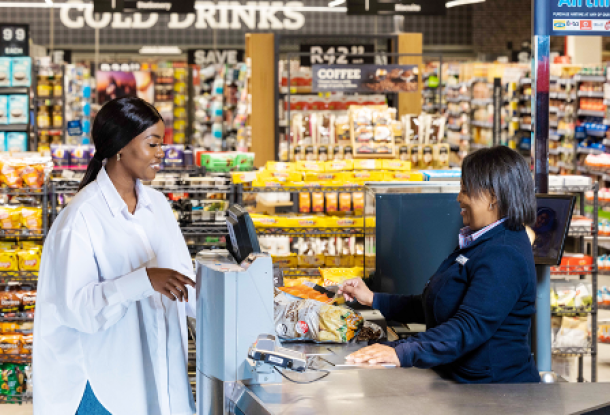The future of payment authentication
In a recent paper, delivered at the Seamless Pay Conference in Cape Town, entitled ‘The Future of Authentication', Steven Jackets, examined some of the issues retailers and online merchants face to provide a seamless transaction experience for their customers.
Jackets, the Underwriters Laboratories’ (UL) operations manager of transactional security for the Middle East and Africa, is an expert in the field of smartcards, mobile payments and e-commerce. He analyses the ways in which the e-payment landscape is evolving and emphasises the importance of developing sound authentication strategies in order to unlock new and expanded business models.
Balancing convenience with security
In the electronic payments value chain, new technologies being introduced are rapidly reshaping the entire e-payments landscape. “The biggest challenge is one of balancing convenience with security, partly because these are sometimes conflicting goals. Banking and payment systems are also becoming more complex all the time, which adds to the nature and scope of the challenge,” says Jackets.
“At the heart of the matter is the fact that e-payment systems incorporate multiple technologies and offer increasingly diverse applications, which requires strict compliance with an ever-growing number of technical standards and payment scheme requirements. This can sometimes be in conflict with the goal of providing a seamless transaction experience. Highly publicised breaches of consumer account data nevertheless underscore the importance of data security and risk management, which are essential in order to protect both user privacy and brand reputation,” concludes Jackets.
The ability to authenticate customers and transactions is essential to the e-payments value chain, so UL is tracking and evaluating some of the latest developments in the field, including Facebook and Amazon authentication APIs, Samsung ventures in biometrics and trends in risk-based authentication.
“E-commerce is essential to a successful business in the retail and online space,” continues UL South Africa MD, Kennedy Nzimande. “With technology developing as rapidly as it is, it is vital for companies of all sizes to be able to use the technology in a way that is efficient and safe for both them and their customers. This is where the company has a role to play, particularly in the developing markets of Africa.”
Cobus Nigrini, a sales executive who also works in the Africa and Middle East region, has overseen multiple brand certification projects throughout Africa and specialises in bridging the divide between technology and business. He says, “On a tactical level, reducing the costs of terminal EMV certification projects is an on-going focus. Technologies such as NFC tags, eSE, UICC, mSD and smart wearables, which are all taking retailing into a whole new era, are also set to reduce the costs associated with implementing and upgrading e-payment systems.”
News Category
- International retailers
- On the move
- Awards and achievements
- Legislation
- Wine and liquor
- Africa
- Going green
- Supplier news
- Research tools
- Retailer trading results
- Supply chain
- Innovation and technology
- Economic factors
- Crime and security
- Store Openings
- Marketing and Promotions
- Social Responsibility
- Brand Press Office
Related Articles

Two local businesses see a gap as food and groc...

SARS launches WhatsApp channel to help check ta...

Shoprite launches online shopping and bulk deli...

Sixty60 promises lightning-fast delivery of 10 ...


